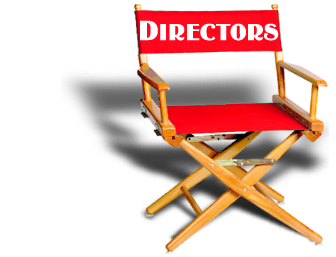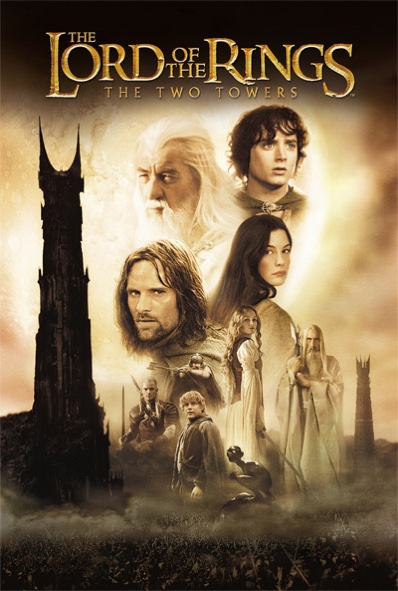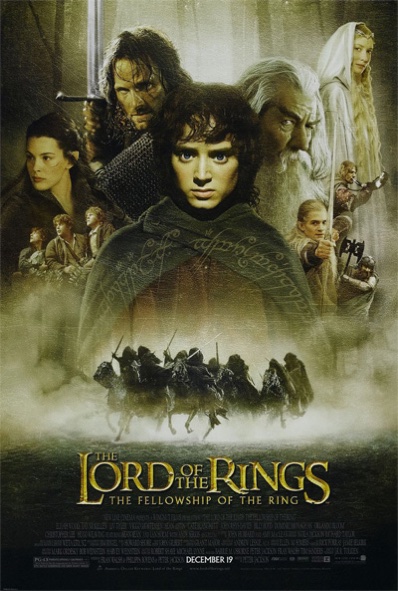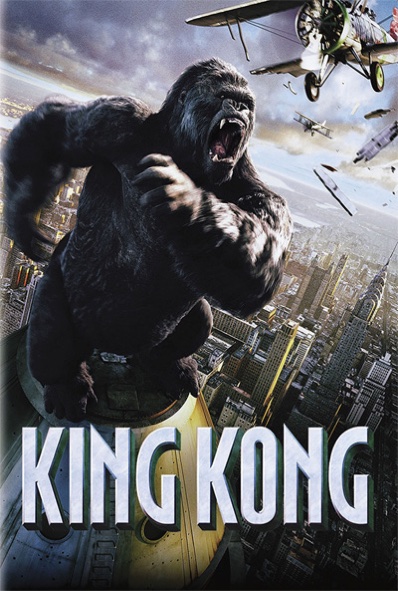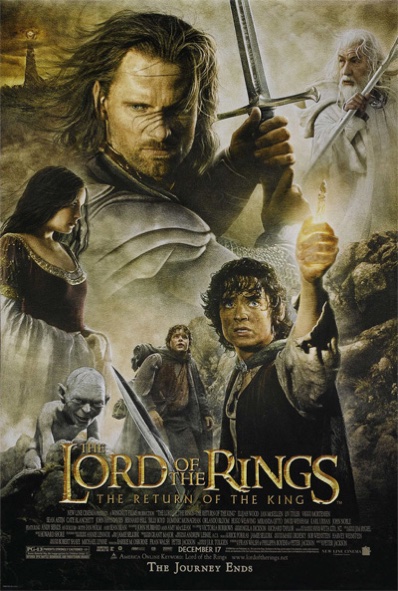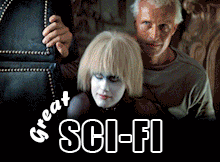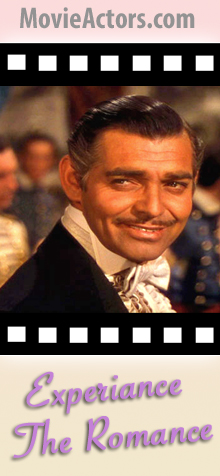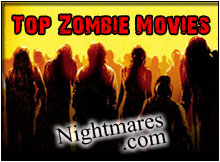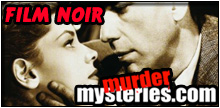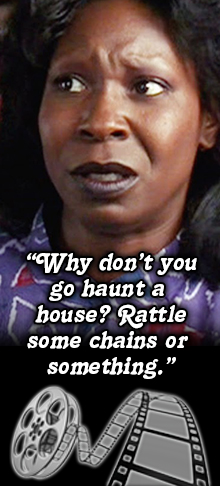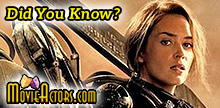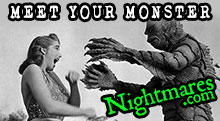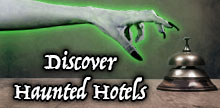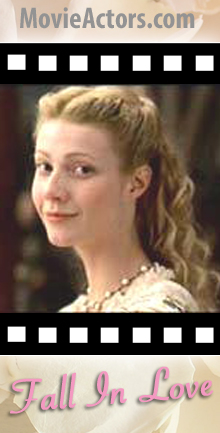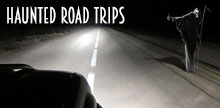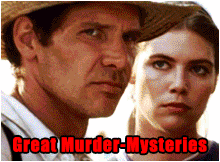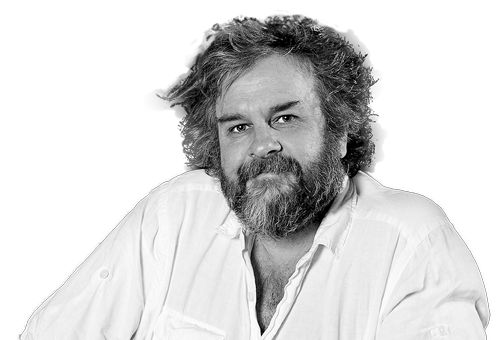
Peter Jackson
Best known as the director, writer and producer of The Lord of the Rings trilogy (2001–03) and The Hobbit trilogy (2012–14), both of which are adapted from the novels by J. R. R. Tolkien. Other notable films of his include the critically lauded drama Heavenly Creatures (1994), the mockumentary Forgotten Silver (1995), the horror comedy The Frighteners (1996), the epic remake of King Kong (2005) and the supernatural drama The Lovely Bones (2009).
Sir Peter Robert Jackson was born on October 31, 1961 in Wellington and was raised at the nearby coastal town of Pukerua Bay. His parents — Joan (née Ruck), a factory worker and housewife, and William “Bill” Jackson, a wages clerk — were immigrants from England.
As a child, Jackson was a keen film fan, growing up on Ray Harryhausen films, as well as finding inspiration in the television series Thunderbirds and Monty Python’s Flying Circus. After a family friend gave the Jacksons a Super 8 cine-camera with Peter in mind, he began making short films with his friends. Jackson has long cited King Kong as his favorite film, and around the age of nine he attempted to remake it using his own stop-motion models. Also, as a child Jackson made a WWII epic called “The Dwarf Patrol” seen on the Bad Taste bonus disc which featured his first special effect of poking pinholes in the film for gun shots, and a James Bond spoof named Coldfinger. Most notable though was a 20-minute short called The Valley, which won him a special prize because of the shots he used.
In school, Jackson expressed no interest in sports. His classmates also remember him wearing a duffle coat with “an obsession verging on religious”. He had no formal training in film-making, but learned about editing, special effects and make-up largely through his own trial and error. As a young adult, Jackson discovered the work of author J. R. R. Tolkien after watching The Lord of the Rings (1978), an animated film by Ralph Bakshi that was a part-adaptation of Tolkien’s fantasy trilogy. When he was 16 years old, Jackson left school and began working full-time as a photo engraver for a Wellington newspaper, The Evening Post. For the seven years he worked there, Jackson lived at home with his parents so he could save as much money as possible to spend on film equipment. After two years of work Jackson bought a 16 mm camera, and began shooting a film that later became Bad Taste.
Jackson has long cited several films as influences. It is well known that Jackson has a passion for King Kong, often citing it as his favorite film and as the film that inspired him early in his life. Jackson recalls attempting to remake King Kong when he was 12. At the 2009 San Diego Comic-Con International, while being interviewed alongside Avatar and Titanic director James Cameron, Jackson said certain films gave him a “kick”. He mentioned Martin Scorsese’s crime films Goodfellas and Casino, remarking on “something about those particular movies and the way Martin Scorsese just fearlessly rockets his camera around and has shot those films that I can watch those movies and feel inspired.” Jackson said the 1970 film Waterloo inspired him in his youth. Career
Jackson’s first feature was Bad Taste, a haphazard fashion splatter comedy, which included many of Jackson’s friends acting and working on it for free. Shooting was normally done in the weekends since Jackson was then working full-time. Bad Taste is about aliens that come to earth with the intention of turning humans into food. Jackson had two acting roles including a famous scene in which he fights himself on top of a cliff. The film was finally completed thanks to a late injection of finance from the New Zealand Film Commission, after Jim Booth, the body’s executive director, became convinced of Jackson’s talent (Booth later left the Commission to become Jackson’s producer). In May 1987, Bad Taste was unveiled at the Cannes Film Festival, where rights to the film quickly sold to twelve countries.
Around this time, Jackson began working on writing a number of film scripts, in varied collaborative groupings with playwright Stephen Sinclair, writer Fran Walsh and writer/actor Danny Mulheron. Walsh would later become his life partner. Some of the scripts from this period, including a sequel to A Nightmare on Elm Street, have never been made into movies; the proposed zombie film Braindead underwent extensive rewrites.
Jackson’s next film to see release was Meet the Feebles (1989), co-written with Sinclair, Walsh and Mulheron. An ensemble musical comedy starring Muppet-style puppets, Meet the Feebles originally began as a short film intended for television, but was rapidly expanded into a full-length film after unexpected enthusiasm from Japanese investors, and the collapse of Braindead, six weeks before filming. Begun on a very low budget, Meet the Feebles went weeks over schedule. Jackson stated of his second feature-length film, “It’s got a quality of humor that alienates a lot of people. It’s very black, very satirical, very savage.” Feebles marked Jackson’s first collaboration with special effects team Richard Taylor and Tania Rodger, who would later work on all Jackson’s movies. Jackson’s next release was the horror comedy Braindead (1992) (released in North America as Dead Alive).
Released in 1994 after Jackson won a race to bring the story to the screen, Heavenly Creatures marked a major change for Jackson in terms of both style and tone. The film is based on the real Parker–Hulme murder case in which two teenage girls in 1950s Christchurch became close friends and later murdered the mother of one of the girls. It was Fran Walsh that persuaded him that these events had the makings of a movie; Jackson has been quoted saying that the film “only got made” because of her enthusiasm for the subject matter. The film’s fame coincided with the New Zealand media tracking down the real-life Juliet Hulme, who now writes books under the name Anne Perry. Jackson hired actresses Melanie Lynskey and Kate Winslet in the roles of Parker and Hulme. Heavenly Creatures received considerable critical acclaim, including an Academy Award nomination for Best Original Screenplay and making top ten of the year lists in Time, The Guardian, The Sydney Morning Herald, and The New Zealand Herald.
The success of Heavenly Creatures helped pave the way for Jackson’s first big budget Hollywood film, The Frighteners starring Michael J. Fox, in 1996. Jackson was given permission to make this comedy/horror film entirely in New Zealand despite being set in a North American town. This period was a key one of change for both Jackson and Weta Workshop, the special effects company—born from the one-man contributions of George Port to Heavenly Creatures — with which Jackson is often associated. Weta, initiated by Jackson and key collaborators, grew rapidly during this period to incorporate both digital and physical effects, make-up and costumes, the first two areas normally commanded by Jackson collaborator Richard Taylor.
The Frighteners was regarded as a commercial failure. Film critic Roger Ebert said that “incredible effort has resulted in a film that looks more like a demo reel than a movie”. In February 1997, Jackson launched legal proceedings against the New Zealand Listener magazine for defamation, over a review of The Frighteners which claimed that the film was “built from the rubble of other people’s movies”. In the end, the case was not pursued further. Around this time Jackson’s remake of King Kong was shelved by Universal Studios, partly because of Mighty Joe Young and Godzilla, both giant monster movies, that had already gone into production. Universal feared it would be thrown aside by the two higher budget movies.
Jackson won the rights to make Tolkien’s epic in 1997. Originally working with Miramax towards a two-film production, Jackson made a last-minute deal with New Line, who were keen on a trilogy.
Principal photography stretched from October 1999 to December 2000, with extensive location filming across New Zealand. With the benefit of extended post-production and extra periods of shooting before each film’s release, the series met with huge success and sent Jackson’s popularity soaring. The Return of the King itself met with huge critical acclaim, winning eleven Oscars, including Best Picture and Best Director. The film was the first of the fantasy film genre to win the award for Best Picture and was the second sequel to win Best Picture (the first being The Godfather Part II).
Universal signed Jackson for a second time to remake the 1933 classic King Kong — the film that inspired him to become a film director as a child. He was reportedly paid $20 million upfront, the highest salary ever paid to date to a film director in advance of production, against a 20 percent take of the box-office rentals. The film was released in December 2005, and grossed over half a billion dollars worldwide.
Jackson then filmed an adaptation of Alice Sebold’s bestseller, The Lovely Bones, which was released in the U.S. in December of 2009. Jackson has said the film was a welcome relief from his larger-scale epics. The storyline’s combination of fantasy aspects and themes of murder bears some similarities to Heavenly Creatures. The film got mixed reviews and only middling box office returns.
Jackson started production of the first Hobbit movie in March 2011. By July of the following year he announced on his Facebook page that the two planned Hobbit movies had expanded into a trilogy.
Jackson was one of three producers on The Adventures of Tintin: The Secret of the Unicorn, directed by Steven Spielberg and released in 2011. He is officially labeled as producer but helped Spielberg, before he began working on The Hobbit, to direct the film. Jamie Bell and Andy Serkis were cast due to their collaboration with Peter Jackson on King Kong and The Lord of the Rings. Spielberg also chose to work with Peter Jackson due to the impressive digital work on the Lord of the Rings films, and knew that Weta Workshop would make his vision a reality. It received positive reviews and grossed $374 million at the box office.
Jackson is known for his attention to detail, a habit of shooting scenes from many angles, a macabre sense of humor, and a general playfulness — the latter to a point that The Lord of the Rings conceptual designer Alan Lee jokingly remarked, “the film is almost incidental really”.
Since 1987, he has been married to Fran Walsh, a New Zealand screenwriter, film producer and lyricist. They have two children: Billy (born 1995) and Katie (born 1996). Walsh has contributed to all of Jackson’s films since 1989: as co-writer since Meet the Feebles, and as producer since The Lord of the Rings: The Fellowship of the Ring. She won three Academy Awards in 2003, for Best Picture, Best Adapted Screenplay and Best Original Song, all for The Lord of the Rings: The Return of the King. She has received seven Oscar nominations.
Jackson is an avid aviation enthusiast and owns a collection of over 40 flyable World War I-era warbirds, which are housed at Hood Aerodrome near Masterton.
Peter Jackson’s directing credits include…
| Year | Movie |
|---|---|
| 1976 | The Valley (short) |
| 1987 | Bad Taste |
| 1989 | Meet the Feebles |
| 1992 | Braindead (aka Dead Alive) |
| 1994 | Heavenly Creatures |
| 1995 | Forgotten Silver |
| 1996 | The Frighteners |
| 2001 | The Lord of the Rings: The Fellowship of the Ring |
| 2002 | The Lord of the Rings: The Two Towers |
| 2003 | The Lord of the Rings: The Return of the King |
| 2005 | King Kong |
| 2008 | Crossing the Line (short) |
| 2009 | The Lovely Bones |
| 2012 | The Hobbit: An Unexpected Journey |
| 2013 | The Hobbit: The Desolation of Smaug |
| 2014 | The Hobbit: The Battle of the Five Armies |
Memorable Quotes by Peter Jackson
[On horror] “I don’t take stuff seriously. I saw Hellraiser III the other day at Cannes; it’s okay, it’s a good film, I didn’t hate it or anything. I thought it was quite good, but it was all just so serious. Some guy walking round with pins sticking out of his face. I just can’t sit there and think, “This is really scary.” If I made a Hellraiser film, I’d like Pinhead to be whacked against a wall and have all the pins flattened into his face. I immediately start thinking of funny things and gags – that’s just the way I am. I doubt I could ever control myself sufficiently to make a serious horror film.”
[on “The Lord of the Rings”] “This is a giant undertaking, but I consider this a personal film. It’s my film of a lifetime. I read the book when I was 18 years old and thought then, “I can’t wait till the movie comes out.” Twenty years later, no one had done it — so I got impatient.”
“I think that George Lucas’s Star Wars films are fantastic. What he’s done, which I admire, is he has taken all the money and profit from those films and poured it into developing digital sound and surround sound, which we are using today. He got ILM started and they developed all the computer technology we use. George Lucas is incredible. He has made a huge difference to the way films are made now. And he has used his money on things that benefit every filmmaker who gets films produced. I respect that a lot.”
“To get an Oscar would be an incredible moment in my career, there is no doubt about that. But the Lord of the Rings films are not made for Oscars, they are made for the audience.”
“We made a promise to ourselves at the beginning of the process that we weren’t going to put any of our own politics, our own messages or our own themes into these movies. What we were trying to do was to analyze what was important to Tolkien and to try to honor that. In a way, we were trying to make these films for him, not for ourselves.”
“The most honest form of filmmaking is to make a film for yourself. The worst type is dictated by demographics or what is hip or what kids are into. Kong isn’t driven by that. No way would a studio think this is the year that people want to see a big gorilla movie. I’ve come to realize that, as much as anything, I am making this for the 9-year-old Peter.”
Things You May Not Know About Peter Jackson
His estimated earnings from the Lord of the Rings trilogy come close to $125 million.
During filming of The Lord of the Rings: The Fellowship of the Ring (2001), he used the same pair of shoes and only two T-shirts.
The movie that gave him the love for splatter is George A. Romero’s Dawn of the Dead (1978). After seeing it, he felt a bit sick but amazed too.
He allegedly offered $150,000 to Aint-it-cool webmaster Harry Jay Knowles for his King Kong (1933) original poster.
He is among an elite group of eight directors who have won Best Picture, Best Director and Best Screenplay (Original or Adapted) for the same film. In 2004, he won all three for The Lord of the Rings: The Return of the King (2003). The other directors are Billy Wilder, Leo McCarey, Francis Ford Coppola, James L. Brooks, Joel and Ethan Coen and Alejandro G. Iñárritu.
He lost 70 lbs. during the production of King Kong (2005).
